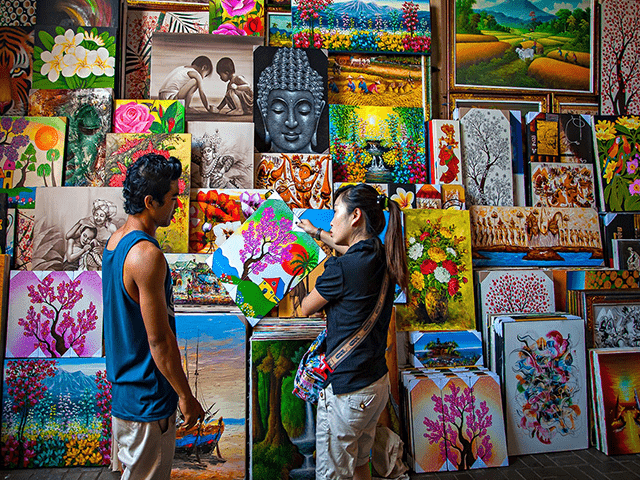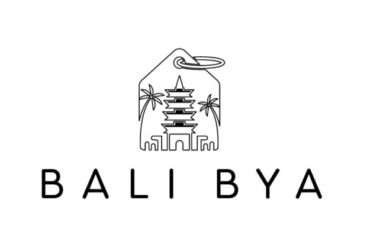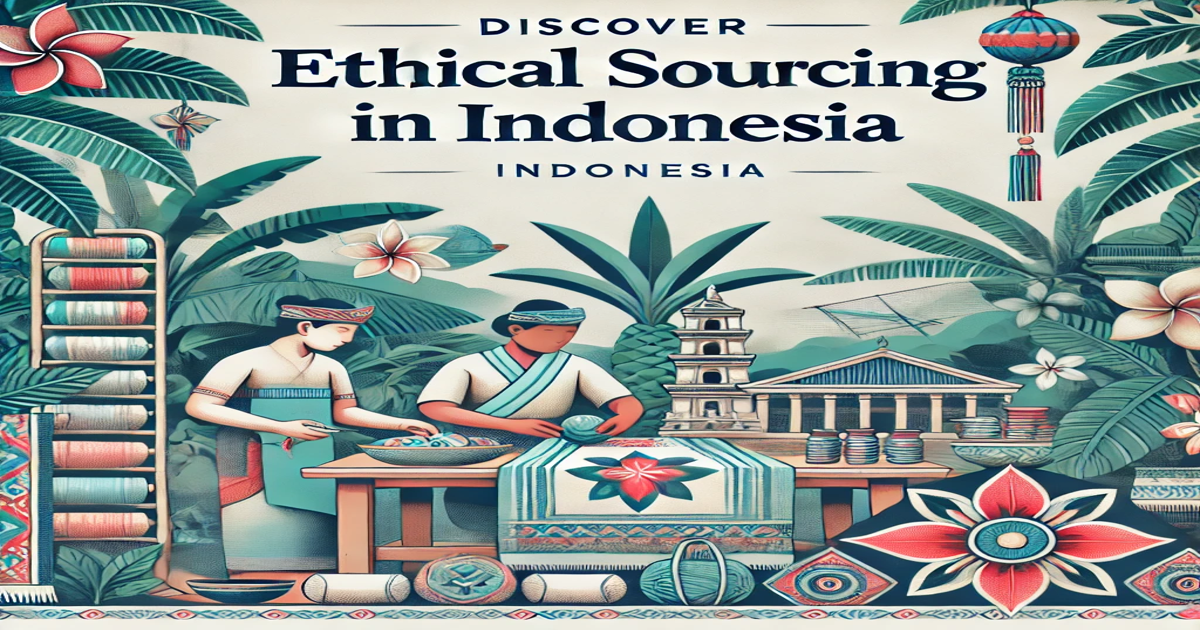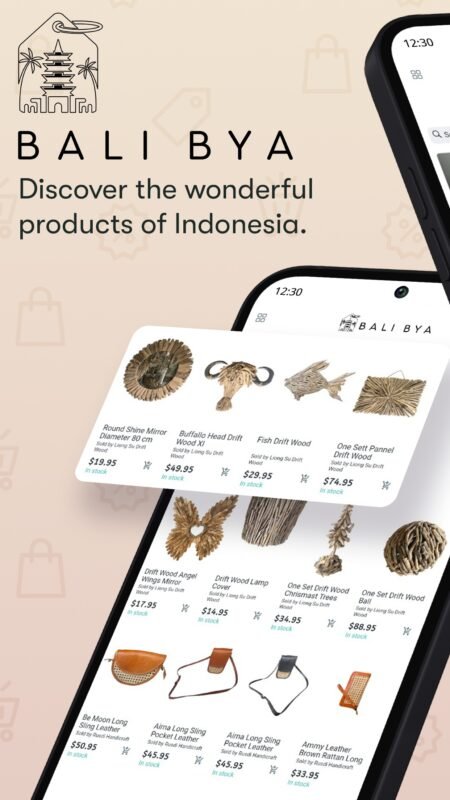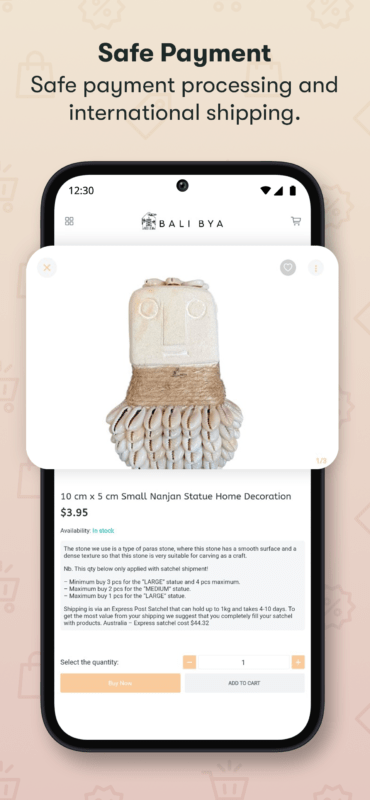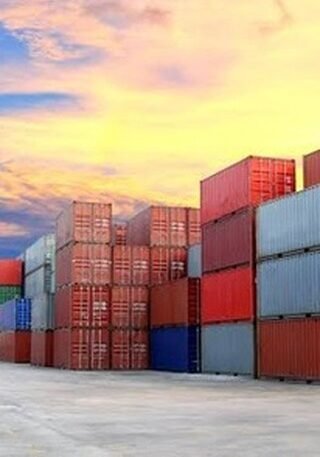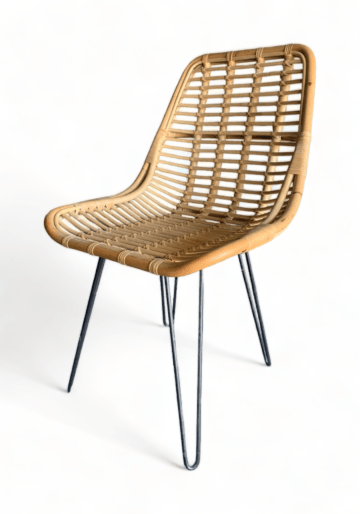Why U.S. Companies Should Source from Indonesia Amid China’s 125% Tariffs

Navigating Tariffs: Why U.S. Companies Should Source from Indonesia Over China
The Tariff Landscape: China vs. Indonesia
In April 2025, global trade dynamics shifted dramatically as the U.S. imposed a staggering 125% tariff on Chinese imports, escalating tensions in an ongoing trade war. Meanwhile, Indonesia, alongside dozens of other nations, benefits from a 90-day tariff freeze, maintaining a baseline 10% tariff rate. This disparity creates a golden opportunity for U.S. companies to rethink their supply chains, particularly for those sourcing goods like textiles, furniture, or artisanal products commonly associated with Bali’s vibrant markets. For businesses aiming to cut costs without sacrificing quality, Indonesia emerges as a strategic alternative to China.
China’s 125% Tariffs: A Costly Barrier
The U.S.-China trade conflict has reached new heights, with tariffs on Chinese goods now at 145% when factoring in additional levies tied to issues like fentanyl production. These measures, announced by President Donald Trump, aim to address perceived trade imbalances but have significantly raised the cost of importing from China. For U.S. companies, this translates to higher prices for everything from electronics to clothing, squeezing profit margins and forcing tough choices. Retailers reliant on Chinese manufacturing face a stark reality: absorb the costs, pass them to consumers, or find new suppliers. With Beijing retaliating by hiking tariffs on U.S. goods to 125%, the economic fallout is mutual, but the immediate burden falls heavily on businesses dependent on Chinese imports.
Indonesia’s Tariff Freeze: A Window of Opportunity
In contrast, Indonesia stands out as a beneficiary of the U.S.’s 90-day tariff pause, which caps duties at 10% for non-retaliating countries. This freeze, effective as of April 2025, offers U.S. companies a temporary reprieve from steeper levies, such as the 32% tariff initially slated for Indonesia. For businesses sourcing from Bali—known for its handcrafted goods, sustainable furniture, and textiles—this is a chance to secure high-quality products at lower import costs. The tariff freeze not only makes Indonesian goods more affordable but also signals stability, encouraging firms to establish long-term partnerships before the 90-day period ends.
Why Choose Indonesia for Sourcing?
Indonesia’s advantages extend beyond temporary tariff relief. The country offers a compelling case for U.S. companies seeking cost-effective, reliable alternatives to Chinese suppliers.
Cost Savings and Quality Craftsmanship
With China’s tariffs inflating costs, Indonesia’s lower duties provide immediate savings. For example, a Balinese teak furniture piece that might cost $500 to import from China (after tariffs) could be sourced from Indonesia for a fraction of the price, thanks to the 10% tariff rate. Bali’s artisans are renowned for their craftsmanship, blending traditional techniques with modern designs that appeal to Western markets. From intricately carved home decor to eco-friendly textiles, Indonesia delivers premium goods without the punitive costs now associated with Chinese imports.
Strategic Supply Chain Diversification
The U.S.-China trade war underscores the risks of over-reliance on a single supplier. Indonesia’s proximity to key shipping routes and its growing manufacturing sector make it an ideal hub for diversification. Companies can reduce exposure to geopolitical volatility by tapping into Indonesia’s robust supply chains, which support industries from apparel to agriculture. Bali, in particular, offers a unique blend of small-scale artisanal production and scalable manufacturing, catering to businesses of all sizes.
Building Sustainable Partnerships
Indonesia’s tariff advantage comes at a time when U.S. firms are eager to forge new trade relationships. The 90-day freeze provides a runway to negotiate deals, test suppliers, and establish trust with Indonesian exporters. Bali Bya, for instance, connects U.S. buyers with vetted local artisans, ensuring ethical sourcing and consistent quality. As the freeze nears its end, companies that act swiftly can lock in favorable terms, positioning themselves ahead of competitors still tethered to China’s costly market.
Seize the Moment with Bali Bya
The current tariff landscape presents a clear directive for U.S. businesses: pivot to Indonesia. With China’s 125% tariffs driving up costs and Indonesia’s 90-day freeze offering relief, now is the time to explore Bali’s rich sourcing opportunities. Whether you’re importing handwoven rugs or sustainable wood products, Bali Bya simplifies the process, linking you with trusted suppliers to maximise savings and quality. Don’t let China’s tariffs erode your margins—embrace Indonesia’s potential and thrive in this new era of trade.


